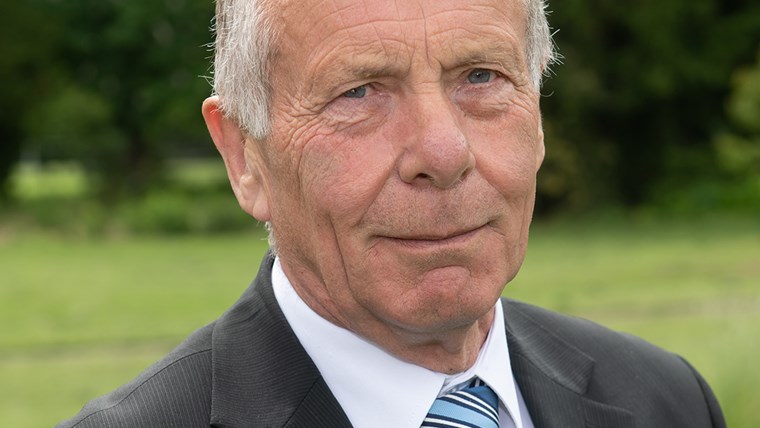Single garden waste collection charge will make service fairer

North Yorkshire County Council executive member Cllr Derek Bastiman.
Households in North Yorkshire that do not opt into garden waste collections will no longer be expected to subsidise the service, if a new standardised rate is agreed by senior councillors next month.
Currently, there are seven different garden waste collection services in the county, one for each district or borough. Charges vary from £25* for an annual permit in Richmondshire, to £41 in Harrogate. However, an increase has already been agreed by all councils of six per cent from spring 2023. In Selby, this service is free currently. Garden waste is a discretionary service, not one the councils are legally required to provide.
The below figures outline the 2023 season charges with the agreed six per cent increase.
Council 2022/23 Charge Six per cent rise indexed
Hambleton £40 £2.40
Ryedale £38 £2.30
Richmondshire £25* £1.50
Scarborough £38 £2.30
Harrogate £41 £2.50
Craven £36 £2.20
Applying this rise, the highest new rate will be in Harrogate, where the annual permit will be £43.50. Charges for the service have been frozen for most councils in recent years and in North Yorkshire they have fallen behind the regional average of £44 per year. It is therefore proposed to bring all areas in the county in line with this and to charge £43.50 across the board.
In Richmondshire that fee will be pro rata as the garden waste bins there are much smaller. It is proposed that standard size bins could be provided to Richmondshire for the 2024/25 season and the £43.50 could then apply to households there, too. This is subject to a formal decision.
On April 1 next year, the seven district and borough councils as well as the current county council will be replaced by a new single council called North Yorkshire Council in the biggest shake-up of local government since 1974 to pave the way for a long-awaited devolution deal.
North Yorkshire County Council’s executive member for business and economic development, Cllr Derek Bastiman, whose portfolio includes the management of waste disposal, said: “We recognise that the cost-of-living crisis is having an impact on residents and the need to be fair to everyone when looking to raise any fee or charge.
“In this instance, the picture across the whole county is not the same and in some areas people who do not want this service are paying for it. This is a service people choose to opt into and it is important that we are clear on the need for it to pay for itself, alongside our commitment to continue to provide it to those residents who would like to receive it.
“There are real benefits to the service, including the environmental benefits of recycling garden waste and the convenience of not having to take your own garden waste to a recycling centre. It may well be cheaper than paying the fuel to get there, too.
“So, we have looked carefully at what other councils in Yorkshire and the Humber charge and considered any special cases, such as Richmondshire. This charge is reasonable in terms of the regional picture and to cover the costs of continuing to deliver it given the financial pressures we face.
“In Selby, currently everyone is paying for the service, whether they use it or not. That’s clearly not fair so we will be looking at that, too, in the coming weeks with a separate paper.”
Based on a harmonised fee of £43.50, the service would expect to generate an additional £500,000, depending on the number of subscribers. This income would be used to offset the costs of delivery.
North Yorkshire County Council’s executive members will be asked to agree the new rate when members meet on January 10th, 2023. These members, who were elected in May 2022, will continue to serve the new council for its first four years of operations.

